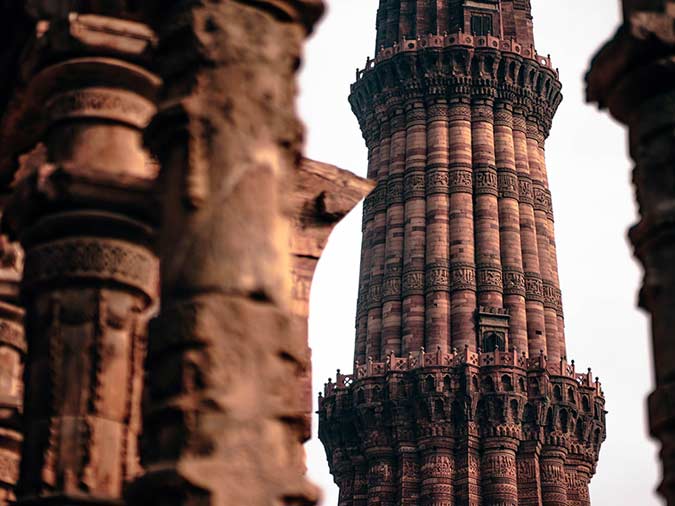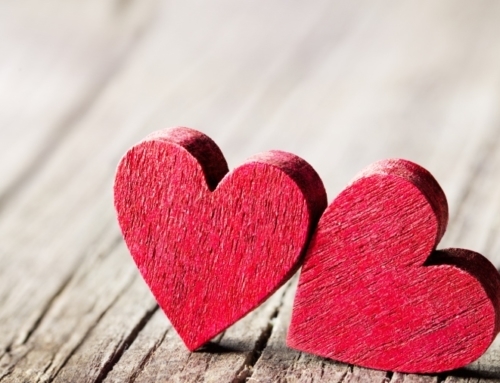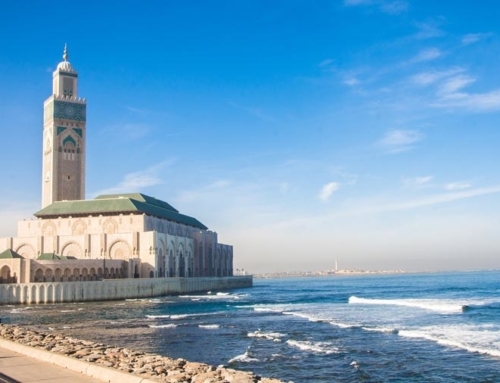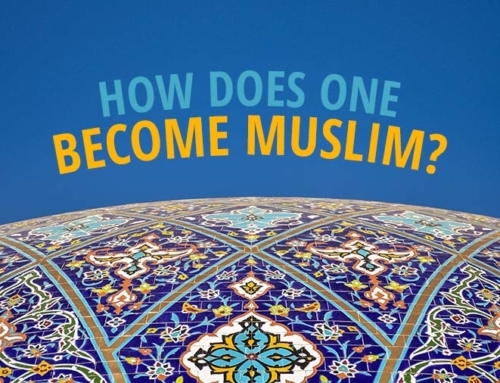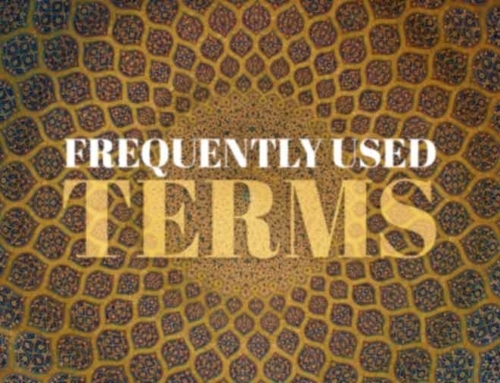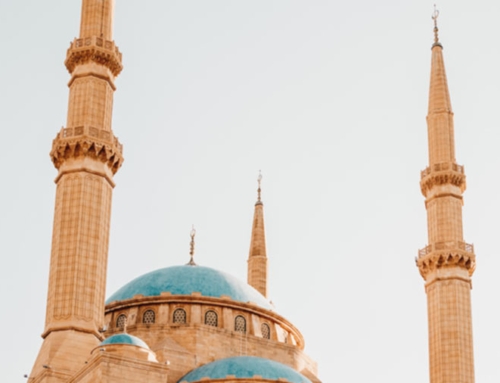Exploring the Five Pillars that Define the Faith
What makes one a Muslim is the acceptance of Islam’s core beliefs. This article will not focus on the main beliefs of Islam, but rather the core practices of the faith. Islam is built on five pillars. These pillars do not make up the entire religion, but they are the pillars that hold up the rest of the religion.
Testimony of faith (shahada):
The testimony of faith in Islam is the that one testifies that there is no God except Allah and that Muhammad is the messenger of Allah. The testimony is what one says to become a Muslim Ash-hadu Ana Lā ilāha illā Allah wa ash-hadu Ana Muhammad Rasul Allah.
Prayer (salah):
Muslims must pray 5 times a day. This prayer is not to be confused with supplication or calling on God which can be done at anytime. These ritual prayers consist of standing, reciting some Qurʾān, bowing, prostrating, and glorifying God. The prayers are done before sunrise, in the afternoon, late afternoon, sunset, and night. There are windows of time in which these prayers are performed and they do not need to be done at an exact time. For example, the afternoon prayer might begin at 1 pm and end at 5 pm. This gives you a 4-hour window to perform the afternoon prayer. Each prayer takes about 5-10 minutes to perform and can be done anywhere such as your home, office, or a park. The prayer is meant to keep one connected to God. It gives one a break from the business of the day and reconnects them to God.
Charity (zakah):
Zakah is an obligatory charity for Muslims who are not poor. This charity must go into the hands of the poor and not given to institutions, mosques, or schools. The charity is 2.5% of one’s extra money that has been sitting for a year. For example, if one has $100 in their bank account on Jan 1, and then a year goes by and they still have $100 sitting in their bank account on Jan 1 of the next year, they are to give 2.5% of that money in charity directly to the poor and needy.
Fasting (sawm):
There is a month in the Islamic calendar called Ramadan. Ramadan is the holiest month in the Islamic calendar. During Ramadan, Muslims fast from sunrise to sunset. They refrain from eating, drinking, and intercourse during the daylight. Fasting instills a sense of discipline and control over one’s desires and most basic needs. It teaches that happiness can be found outside of food, drink, and satisfying the needs of the body. Although Muslims experience fatigue, hunger, and thirst, there is a spiritual happiness that is only found when one experiences during the month of Ramadan. During the nights of Ramadan Muslims go to the mosque, break fast together, and spend much time in prayer and supplication. When the month of Ramadan is over, Muslims celebrate and have a holiday called The Feast Holiday (Eid al-Fitr).
Pilgrimage (hajj):
Once in their lifetime, any Muslim who is financially and physically able to make a journey to Mecca during the pilgrimage season must do so. During the pilgrimage, Muslims wear two pieces of white cloth. By replacing all their attire with these two pieces of cloth it brings the individual down to their basic humanity. Ultimately, we are all the same and no matter what fancy clothes or attire we decorate ourselves with, we are all the same. It is meant to allow each pilgrimage to feel a sense of equality. The white and black, the rich and the poor, the king and the servant are all the same before God. This has a tremendous impact on the lives of many (see for example Malcolm X). The hajj is the largest annual religious gathering in the world, every year over two million people perform the pilgrimage. The ocean of people also serves as a reminder of the day of judgment where God will resurrect and gather all mankind for accountability.
Discovering the Essence of Islam
These are called the pillars of Islam because, although they are not the entire faith, they are necessary to complete it. When one performs these actions, it helps him or her refrain from other bad habits. In this regard, Islam is a complete way of life where one is always connected to God in some way shape or form. Have more questions? Call 877-WhyIslam, you deserve to know!
Got Questions?
We have Answers. Get in touch now.


